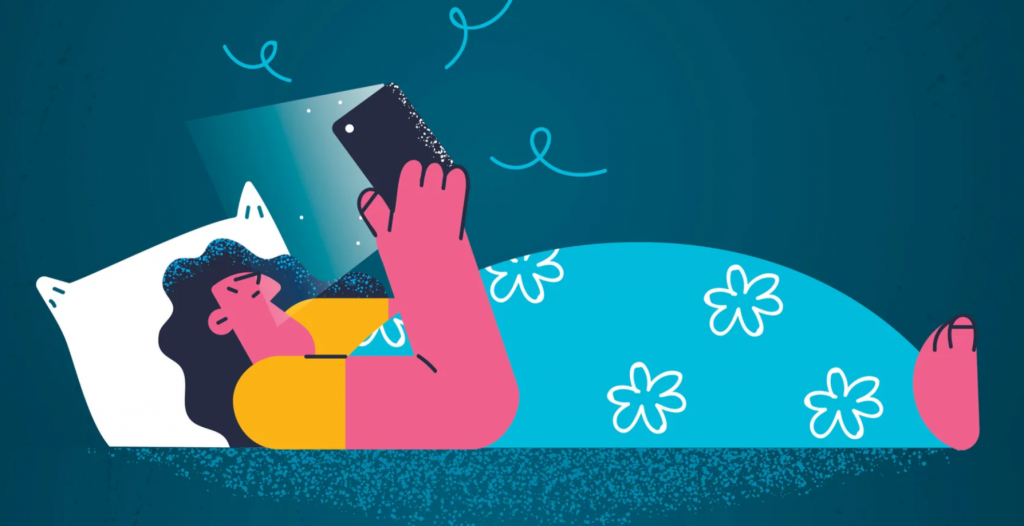The sleep advice no one tells you
This story is written by By Allie Volpe and was originally published by VOX com (see link below)
If you’ve ever had a terrible, or even middling, night’s slumber — which studies and surveys suggest is a fair number of people — you’re well aware of the effects of poor sleep. Aside from the sluggishness and lethargy, lack of sufficient shut-eye can blunt thinking and reaction time and negatively impacts judgment. Long-term sleep deprivation has been linked with higher likelihoods of depressive moods, anxiety, diabetes, and obesity.
Difficulty sleeping can be attributed to a variety of factors and isn’t a reflection on how optimized or streamlined your life is. Shift work, children’s inconsistent sleep schedules, stress, bright light in the evening (from both home lighting fixtures and tech), the pandemic, and sleep conditions like insomnia and sleep apnea can all plague a person’s ability to get adequate rest. Sleep deprivation is, ultimately, a systemic issue, and people shouldn’t feel broken for the societal issues impacting sleep.
Despite all of the modern obstacles to sleep, improvement in your quality and quantity of sleep is possible — and you don’t have to lock your phone in another room to achieve it.
Listen to you body
When it comes to sleep, most quantifiers are highly subjective. The Centers for Disease Control and Prevention (CDC) recommends adults get between seven and nine hours of sleep a night, “but the magic number is really dependent on the person,” says sleep psychologist Jade Wu, author of the forthcoming book Hello Sleep: The Science and Art of Overcoming Insomnia Without Medications.
Instead, people should pay attention to how they feel when they wake up and throughout the day, says Vanessa Hill, behavioral scientist, creator of the YouTube series BrainCraft, and researcher at Central Queensland University. Fatigue during the day is a sign your body isn’t getting enough sleep. Survey yourself as to why: Going to bed too late? Trouble falling asleep? Difficulty staying asleep?
To help evaluate how rested you feel during the day, Wu stresses the importance of knowing the difference between “sleepy” and “tired.” Sleepiness manifests in the body: droopy eyelids, an overall heaviness, the entire machine wants to shut down. Tiredness can also present physically, but it often stems from a lack of mental energy, a dip in motivation or inspiration. “If you’re sleepy during the day, that means you did not sleep last night or didn’t get good quality sleep,” Wu says. “If you’re tired during the day, that may not be because of poor sleep. It may be because you’re depressed or bored or dehydrated.”....
Read on at this link: https://www.vox.com/even-better/23366918/unconventional-sleep-advice

